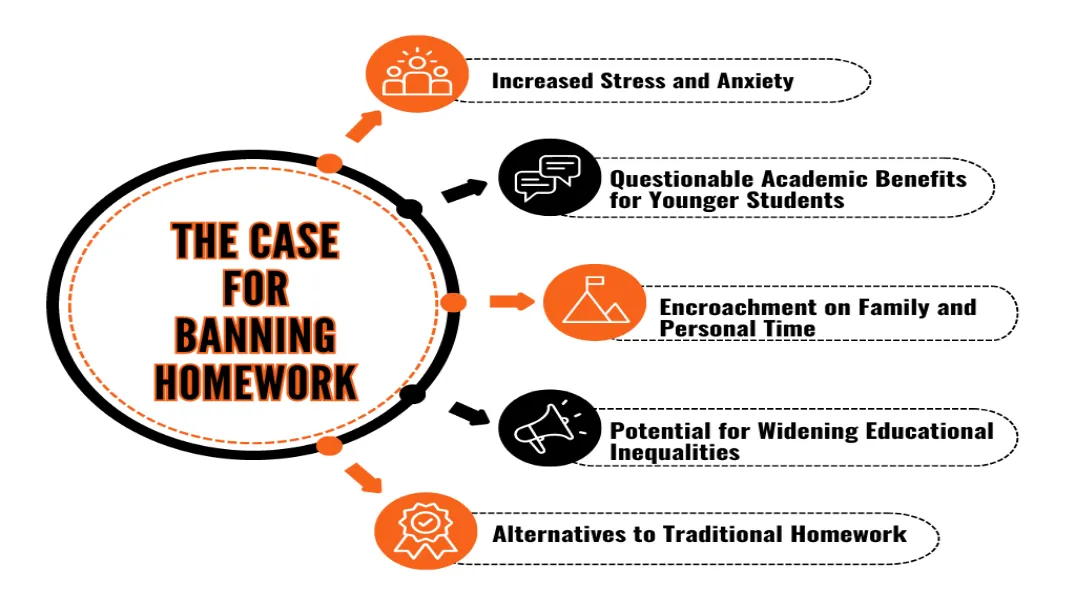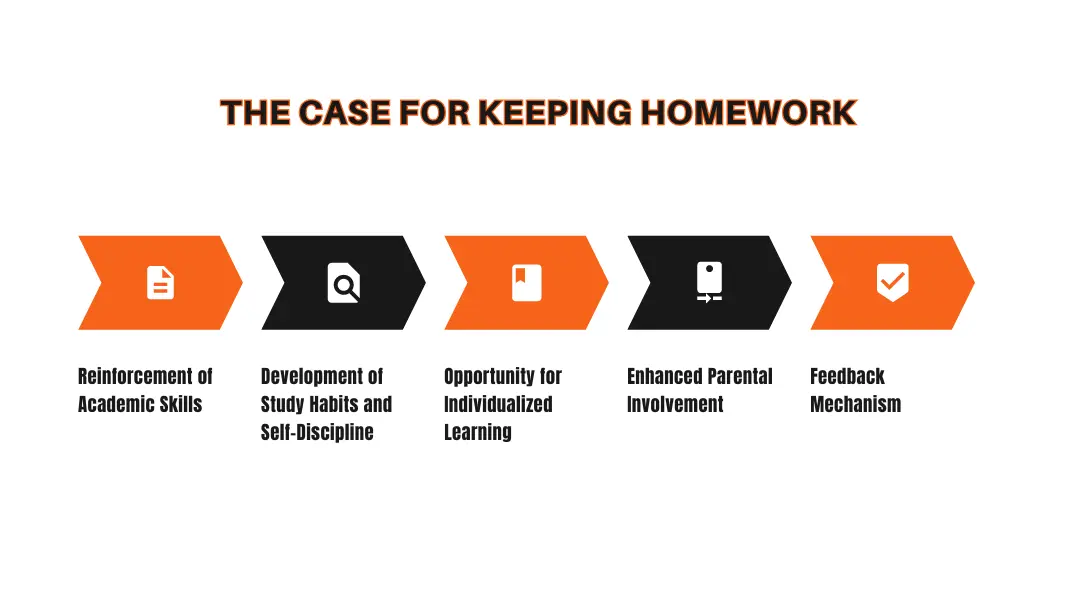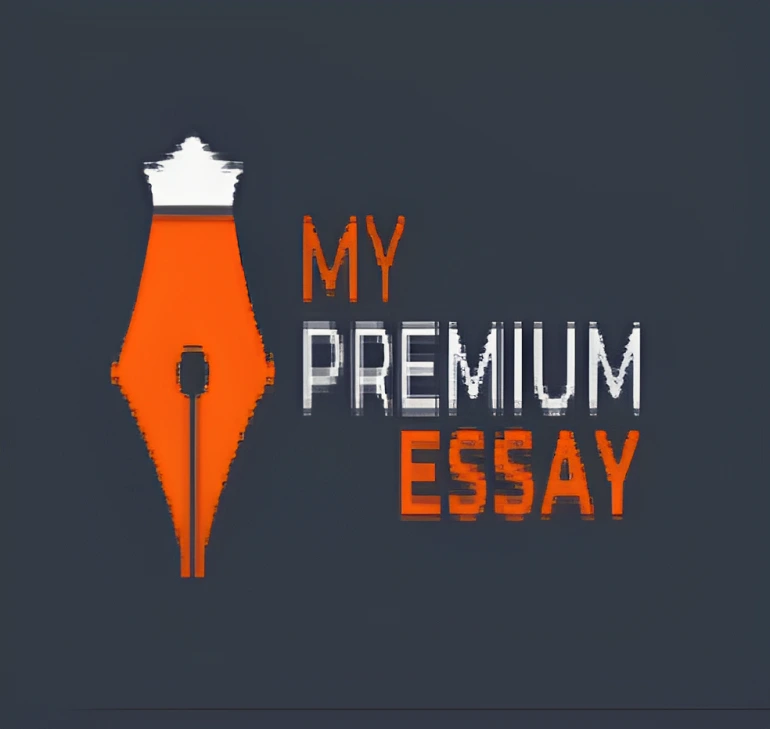Homework has long been a contentious topic in education circles. Critics argue that it can lead to stress and encroach on valuable family time, while supporters believe it reinforces learning and teaches important study habits. Let's delve into the debate and explore whether banning homework could be beneficial or detrimental to students' learning experiences.

The Case for Banning Homework
The movement to ban homework has been gaining traction among educators, parents, and students, driven by concerns over its impact on children's mental and physical health, family time, and overall quality of life. Critics argue that homework, especially in large amounts, can lead to negative outcomes without significantly improving academic performance in younger students. Here we explore the key arguments that support the idea of banning homework.

-
Increased Stress and Anxiety
One of the primary concerns about homework is its role in increasing stress and anxiety among students. Research has shown that excessive homework can lead to stress, burnout, and even resentment towards learning. Students often feel pressured to complete assignments to maintain grades rather than as a learning experience, which can affect their mental health and motivation.
-
Questionable Academic Benefits for Younger Students
Studies have often pointed out that the academic benefits of homework are minimal for elementary students. The Cooper synthesis (1989), a landmark study on homework, suggests that there might be little to no academic benefit in assigning homework to young children. Instead, it could serve better to encourage engaging, hands-on activities that promote a love for learning outside the structured school environment.
-
Encroachment on Family and Personal Time
Homework demands can encroach on time that children could use to engage in social activities, pursue hobbies, or simply rest. The intrusion on family time is particularly concerning, as this time is crucial for building family bonds and supporting emotional and social development outside of academic achievements.
Must Read : Was Homework Invented as a Punishment? -
Potential for Widening Educational Inequalities
Homework can exacerbate educational inequalities. Not all students have access to a conducive learning environment at home or resources such as internet access, necessary supplies, or parental support. This disparity can lead to significant gaps in performance between students from different socioeconomic backgrounds.
-
Alternatives to Traditional Homework
In response to these concerns, some educational experts advocate for alternative approaches to traditional homework. Options like flipped classrooms, where students watch lectures at home and engage in practical activities in class, or more project-based learning during school hours, are suggested to maximize learning and engagement without the need for extensive homework.
The Case for Keeping Homework
Proponents argue that homework has several educational and developmental benefits that justify its continued use, especially as students progress through higher grades. Here we explore the reasons why many educators and parents still support the practice of assigning homework.

-
Reinforcement of Academic Skills
Homework is often seen as a critical tool for reinforcing what students learn in class. The practice allows students to consolidate their understanding of new concepts outside the classroom, enhancing retention and mastery of subject matter. Research indicates that homework can improve student achievement, particularly in higher grades, where the tasks become more aligned with learning objectives and can significantly impact performance on tests.
-
Development of Study Habits and Self-Discipline
Regular homework assignments help students develop essential life skills such as time management, self-discipline, and independent problem-solving. These skills are crucial for academic success in higher education, where students are expected to manage larger workloads and conduct much of their studies independently. Homework establishes routines that build these capabilities gradually, preparing students for the demands of college and beyond.
-
Opportunity for Individualized Learning
Homework allows for individualized instruction, giving students the chance to work at their own pace and according to their unique learning needs. It can be particularly beneficial for students who may need extra practice beyond what is provided in class, allowing them to deepen their understanding and skills in a less pressured environment.
-
Enhanced Parental Involvement
Homework provides a window for parents into their children's education. It allows parents to observe what their children are learning, the progress they are making, and the areas where they might be struggling. This involvement can foster better communication between parents and teachers and encourage a collaborative approach to support the student’s education.
-
Feedback Mechanism
For teachers, homework serves as a critical feedback mechanism that informs them about students' comprehension and progress. By reviewing the results of homework, teachers can identify areas where students are excelling or struggling, allowing them to adjust their instructional strategies to better meet the educational needs of their class.
What Does Research Say?
Research on homework presents mixed results, often varying by age group, subject matter, and the way homework is implemented. The general consensus in educational research is that homework has different impacts depending on these variables:
-
1 Age and Educational Level: According to research, the effectiveness of homework increases with age. For younger students, particularly those in elementary school, homework does not appear to enhance academic performance significantly. As students mature into high school and college, homework becomes a more effective tool for reinforcing learning and improving academic performance.
-
2 Subject Matter: Homework tends to be more effective for certain subjects than others. For example, in math and science, regular practice at home can help reinforce concepts learned in the classroom. However, for subjects like social studies and English, the impact of homework can vary more based on the type of assignment (e.g., reading versus project-based work).
-
3 Quantity and Quality: Research suggests that the amount and quality of homework assigned is critical. The "10-minute rule," endorsed by the National PTA and the National Education Association, recommends that the amount of homework should increase by ten minutes per grade level per night. Thus, a second grader would have 20 minutes of homework, while a high school senior would have up to two hours. This guideline helps ensure that homework remains manageable and does not overwhelm students. Furthermore, the quality of homework assignments—ensuring they are purposeful and aligned with current learning objectives—is more important than the quantity.
Must see: Homework Tips.
Impact on Learning and Development
Homework's impact extends beyond academic achievement:
-
Skill Development: Regular homework can help develop important study habits and learning skills like time management, problem-solving, and the ability to work independently. These skills are essential for lifelong learning and success in professional settings.
-
Parental Involvement: Homework allows parents to be involved in their children's education, providing opportunities to understand the school curriculum and the child's learning progress. This involvement can be beneficial, but it also requires that homework assignments be accessible and reasonable so that parents can effectively support their children without leading to excessive stress or confusion.
Conclusion
Whether homework should be banned is not a clear-cut decision. It likely depends on a balance between the age of the students, the amount and type of homework assigned, and the educational goals that teachers and schools aim to achieve. Instead of a complete ban, a more nuanced approach might involve setting realistic homework expectations and customizing homework to better suit the needs of different student groups. Ultimately, any decision should aim to enhance overall student well-being and learning outcomes, making education a more enjoyable and fruitful experience.
Redefining Homework's Role in Education
As we explore the evolving needs of students in today's fast-paced world, the conversation about homework continues to prompt us to think critically. At My Premium Essay, we understand the importance of adapting educational tools to enhance learning while supporting student well-being. We encourage ongoing dialogue and innovation in educational practices to ensure they serve the best interests of students everywhere. Together, let's redefine what effective learning looks like in the modern classroom.
As we explore the evolving needs of students in today's fast-paced world, the conversation about homework continues to prompt us to think critically. At My Premium Essay, we understand the importance of adapting educational tools to enhance learning while supporting student well-being. We encourage ongoing dialogue and innovation in educational practices to ensure they serve the best interests of students everywhere. Together, let's redefine what effective learning looks like in the modern classroom. In line with this, we offer a practical solution for students under pressure: Buy Essay Online. This service is designed for those who need to manage their workload effectively while ensuring high-quality academic outcomes.
Sources
The Great Homework Debate: What's Getting Lost in the Hype. - https://www.nea.org/nea-today/all-news-articles/great-homework-debate-whats-getting-lost-hype
Homework - https://www.researchgate.net/publication/296860834_Homework




